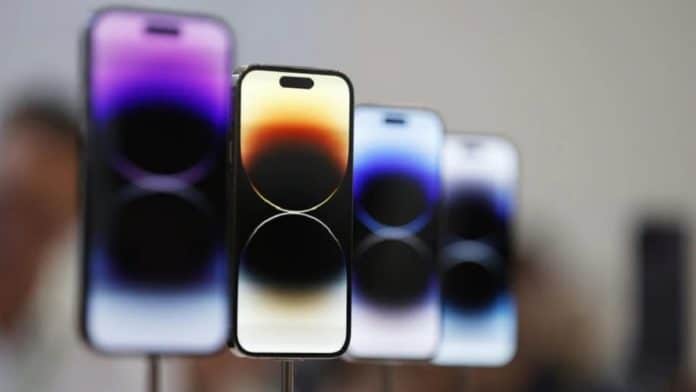In September, the Brazilian Ministry of Justice ordered Apple to suspend iPhones that were sold in the country without a battery charger, stating that the smartphone was lacking an essential component in a “deliberate discriminatory practice against consumers.” The Justice Ministry also slapped a 12.275 million reais ($2.38 million) fine on Apple.
Despite this, the Cupertino-based tech giant failed to comply with the order and continued to sell iPhones in the country without a battery charger.
As a result, Procon do Distrito Federal (DF), Brazil’s consumer protection agency, has seized “hundreds of iPhones in different retail stores in Brasilia,” the capital of Brazil, through an action called “Operation Discharge”, reveals a report by Technoblog.
The models that were confiscated from the carrier stores and authorized Apple retailers ranged from iPhone 11 to even the latest iPhone 14, which launched in September this year.
The report further states that the operation followed a decision from the Ministry of Justice that blocks Apple from selling iPhones in Brazil without chargers included. The regulator aims to force Apple to comply with the country’s latest order that requires smartphones to be shipped with the charger in the box in the country.
For those unaware, Apple stopped including a charger in the box with the introduction of the iPhone 12 series, but it later also updated the iPhone 11 series retail box to come without a charger.
After the iPhones were seized, Apple (Brazil) requested the government to allow sales of iPhones in the country, as the iPhone maker has been reportedly given permission to sell the smartphones without a battery charger until a final decision is passed on the matter.
Judge Diego Câmara Alves, who permitted Apple to continue selling iPhones in Brazil until a final ruling, claims that there is no illicit practice or any violation of consumer rights by the company, as noted by MacMagazine.
The judge also considers the Brazilian regulator’s decision to suspend iPhone sales as an “abuse of power”. Apple says it is confident of winning the legal dispute and claims to trust that its customers “are aware of the various options for charging and connecting their devices”.

